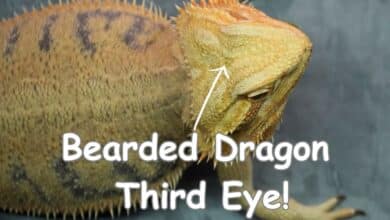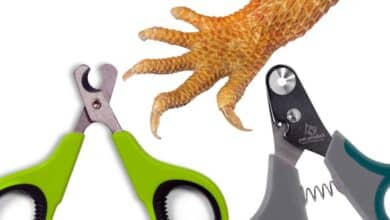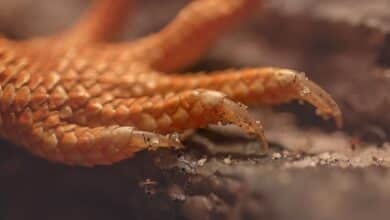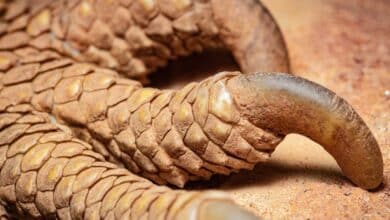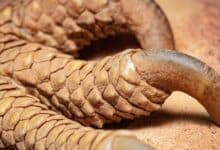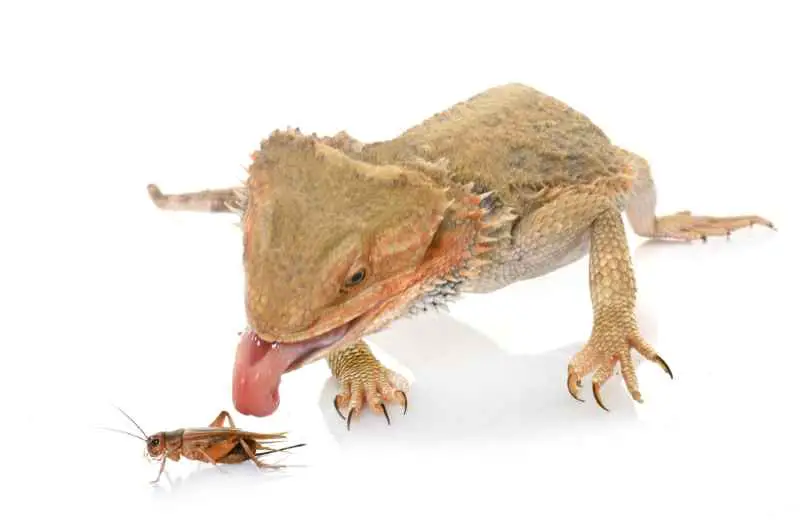Is My Bearded Dragon Blind? Learn How To Tell, Feed, & Care
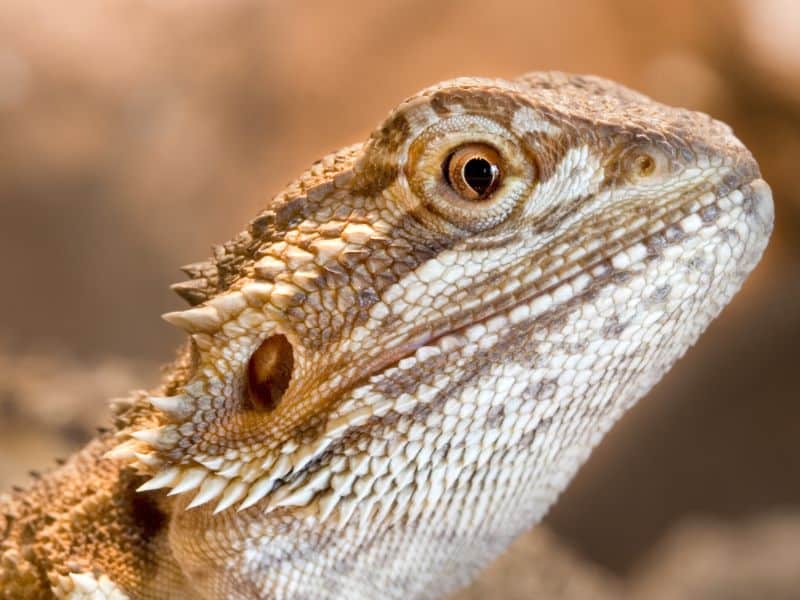
If you’ve noticed anything strange with your bearded dragon’s vision then it’s always worth checking it out. Eye problems are common with bearded dragons, although thankfully blindness is not.
In this article, we will be providing you with all the information you need about blindness in bearded dragons. As well as this, we will be offering some ways you can help your bearded dragon live comfortably with blindness.
Contents
Can Bearded Dragons Be Blind?
Bearded dragons are rarely born blind, however, it is possible. It is much more likely that bearded dragons will develop blindness either by an eye infection or injury. As well as complete blindness, bearded dragons can develop other eye conditions such as; cataracts, parasites, and tumors.
It is commonly thought that bearded dragons are color-blind, however, this is not true. They actually have better color vision than humans. Bearded dragons have four color receptors, whereas humans only have three.
With this being said, the bearded dragon’s vision is very poor at night. When it’s dark, their pupils become inert. It is not necessary for them to have good night vision as they are primarily only active during the day.
How to Tell if a Bearded Dragon Is Blind
The best way to test if your bearded dragon is blind is by waving objects in front of them and seeing if its eyes follow.
For example, this could be your finger or some type of food. If this isn’t working, introduce something that your bearded dragon wouldn’t normally see (such as a new feature for their enclosure) to see if it reacts.
Bearded dragons naturally have blind spots. Their biggest blind spot is around the tip of their nose. This is nothing to be concerned about as it’s just the way their eyes work. For this reason, a lot of people will accidentally mistake their beardies for being blind, when actually they are not.
It is also common for bearded dragons to ignore what they see in front of them, acting as if they physically can’t see. This is normal behavior, and again, nothing to worry about. Although, it does make it difficult to figure out if your bearded dragon actually has sight issues or not.
If you’re still in doubt, you should consult your vet.
How to Feed a Blind Bearded Dragon
As for feeding, the most popular advice is to make your blind beardie 100% reliant on hand-feeding. It could take some time for your bearded dragon to trust what you are feeding it, so be patient.
To start off, you should help your bearded dragon by teaching it where the food is in relation to its mouth. Touch the food directly to the bearded dragon’s lips (always in front, never to the side), and the beardie will soon realize that you are feeding it.
If you’d like for your bearded dragon to keep up some independence, then buy food that can’t move very quickly such as silkworms. This will make it easier for a blind bearded dragon to catch the live food.
When it comes to the enclosure, don’t keep moving things around. Just leave things as they are so that your bearded dragon can map out their surroundings and become comfortable within them.
Can A Bearded Dragon Get Cataracts?
Yes, a bearded dragon can get cataracts. Cataracts in bearded dragon eyes are identified by cloudiness behind the iris. The iris will be physically cloudy in appearance.
However, just because you can see cloudiness in your bearded dragon’s eye, that doesn’t automatically mean it’s cataracts. Depending on where the cloudiness is, it could be bacterial conjunctivitis, trauma, ulcers, or nutritional deficiencies.
Blindness vs Cataracts
If your bearded dragon is blind, then it will not be able to see anything at all. Whereas with cataracts, your bearded dragon will still have some vision, it will just be ‘misty’ or ‘blurry’. The symptoms are the same as they would be for a human who suffers from cataracts.
However, if cataracts is left untreated, it could eventually lead to total blindness. Over time, the cloudy patches on a transparent disc will become bigger and worsen the overall vision.
